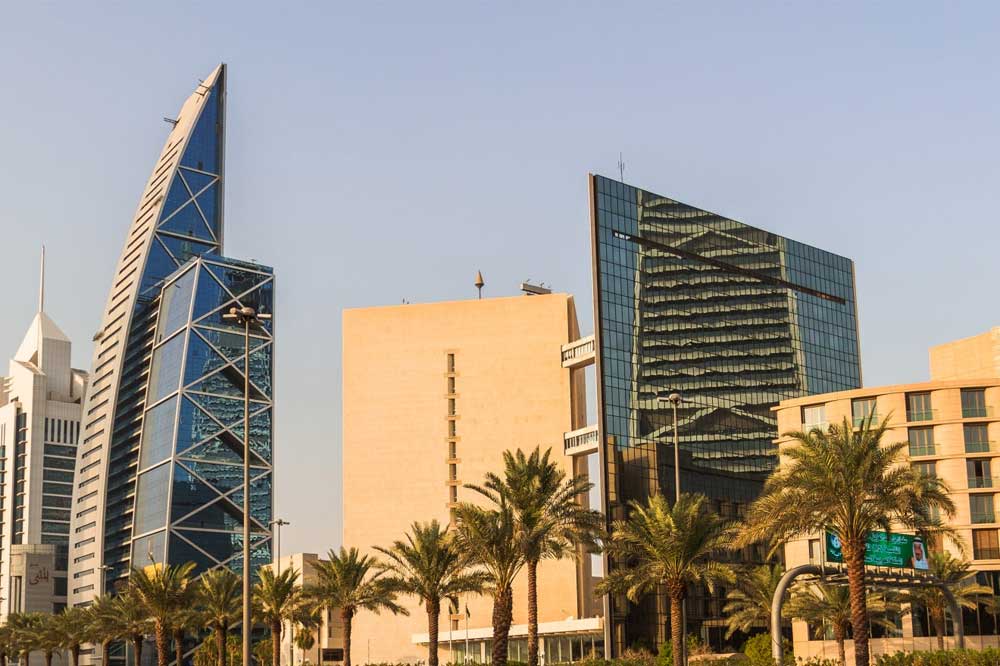
Great news coming out of Saudi Arabia this week as the Kingdom witnesses a significant rise in recoveries pertaining to the new coronavirus. The country’s Ministry of Health has just announced that in one day alone, recovery cases rose to 105,175, which is an increase of 4,045 and nearly twice the recorded recoveries from the day before.
According to various news reports, the rate of infections in Saudi Arabia had actually been on a steady decline but then shot up in early June, a phenomenon that the Ministry’s spokesperson Dr. Muhammad Al-Abdel Ali said was directly connected to a general lack of compliance with precautionary measures across the Kingdom.
With this recent rise in recoveries, the ministry cautions people to continue adopting stringent preventive measures such as social distancing, avoiding gatherings, and wearing a face mask. “The virus is still there, the virus is active, the pandemic is still there, and there is still no vaccine. Research is ongoing, and we are hopeful. Treatment protocols are constantly being updated,” said Dr. Ali.
Saudi Arabia has been innovating its way through the battle against COVID-19 using new tech, and its hard work has been globally recognized.https://t.co/l7uQkRfV2I
— About Her (@AboutHerOFCL) June 23, 2020
The effectiveness of Saudi Arabia in combating the spread of COVID-19 has been attributed to its utilization of various channels, from using technology in the most innovative ways, which recently placed the Kingdom in third place globally, to ensuring that it has robust supply chains and an abundance of provisions.
With regards to supply chains, the current pandemic has demonstrated the strength of Saudi Arabia’s food and agricultural security. Indeed, the nation has a high level of self-sufficiency, with the volume of its agricultural GDP reportedly amounting to SR61.4 billion (over 16 billion USD), equivalent to four percent of the non-oil GDP at constant prices.
“Despite the severity of the coronavirus pandemic crisis & its severe impact on the food supply chains in the world, KSA has overcome this crisis through the strength & durability of its food & agricultural security,” said the minister for environment, water & agriculture. pic.twitter.com/u7jjkdecfn
— About Her (@AboutHerOFCL) June 23, 2020
In addition, the Minister of Environment, Water and Agriculture Eng. Abdul Rahman Al-Fadhli recently explained that the Kingdom has the largest storage capacity for wheat and flour in the Middle East with more than 3.3 million ton.

















